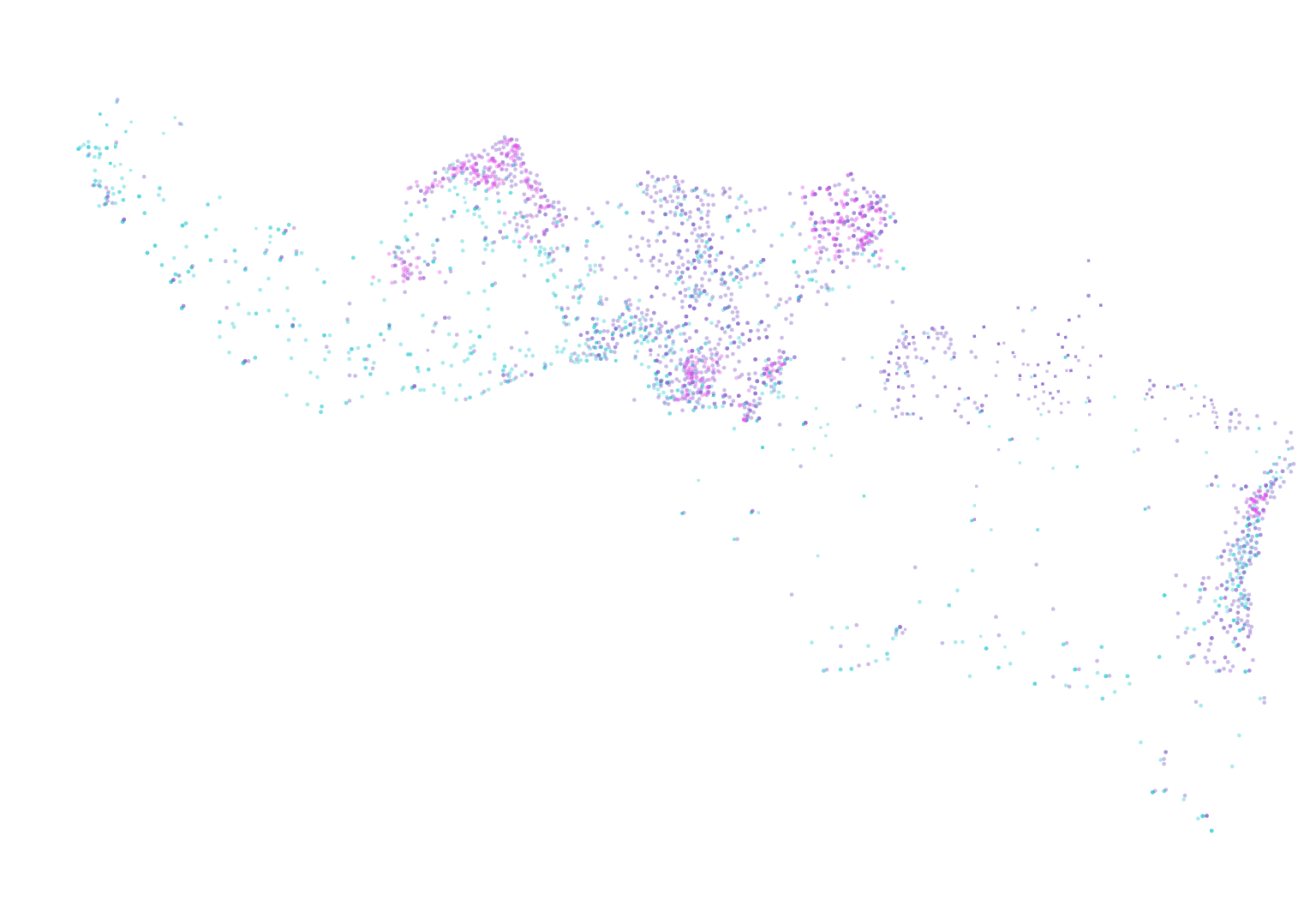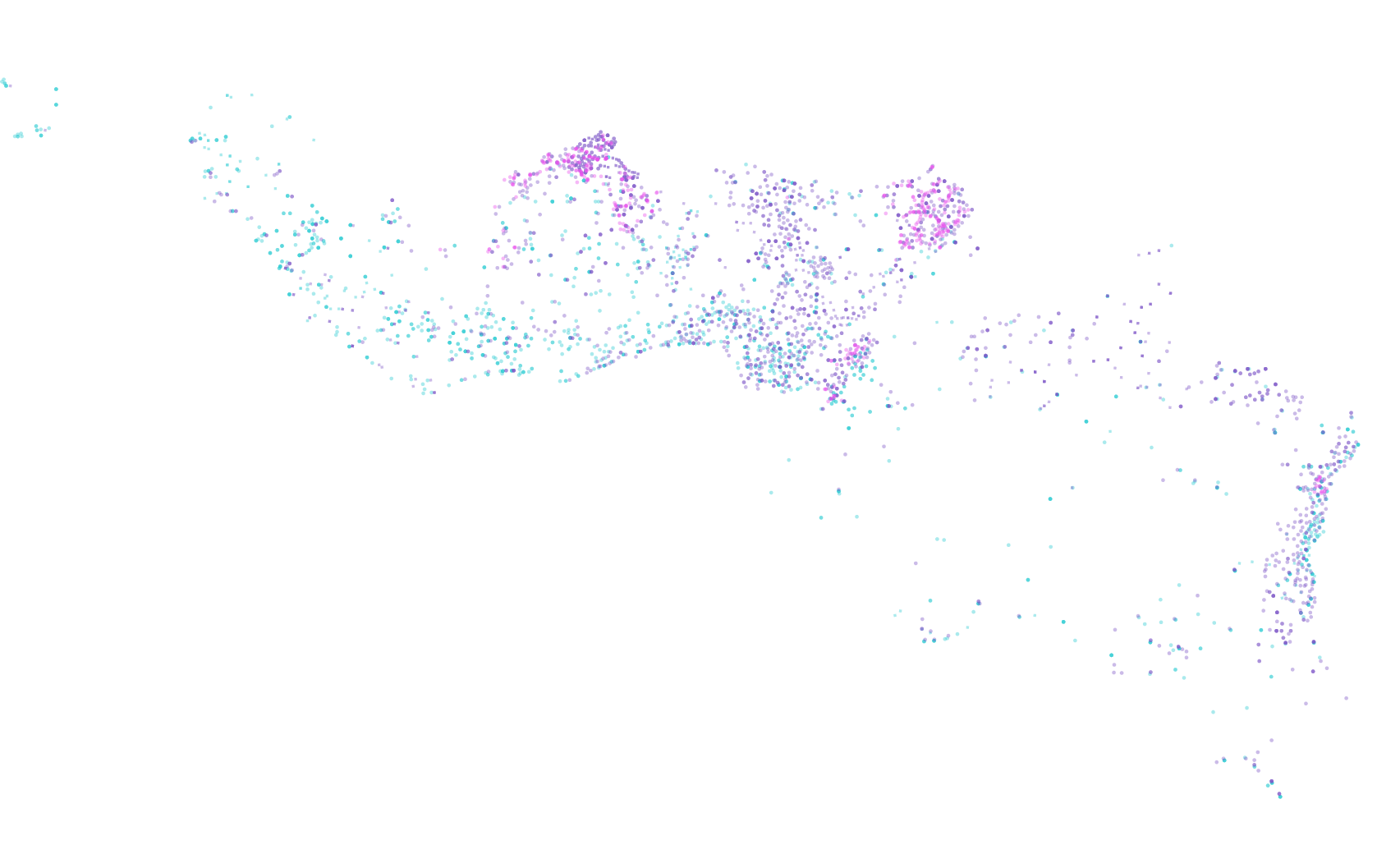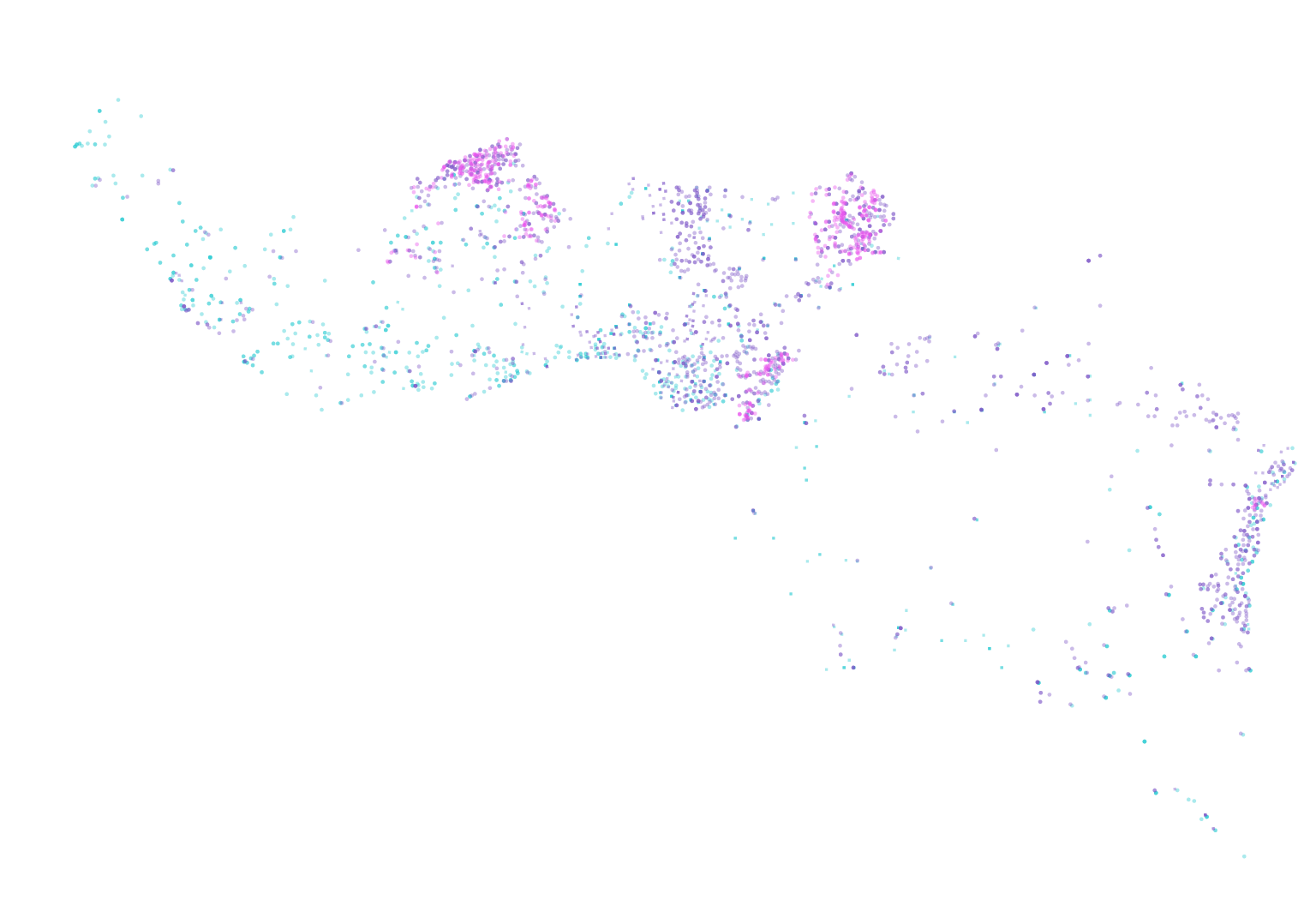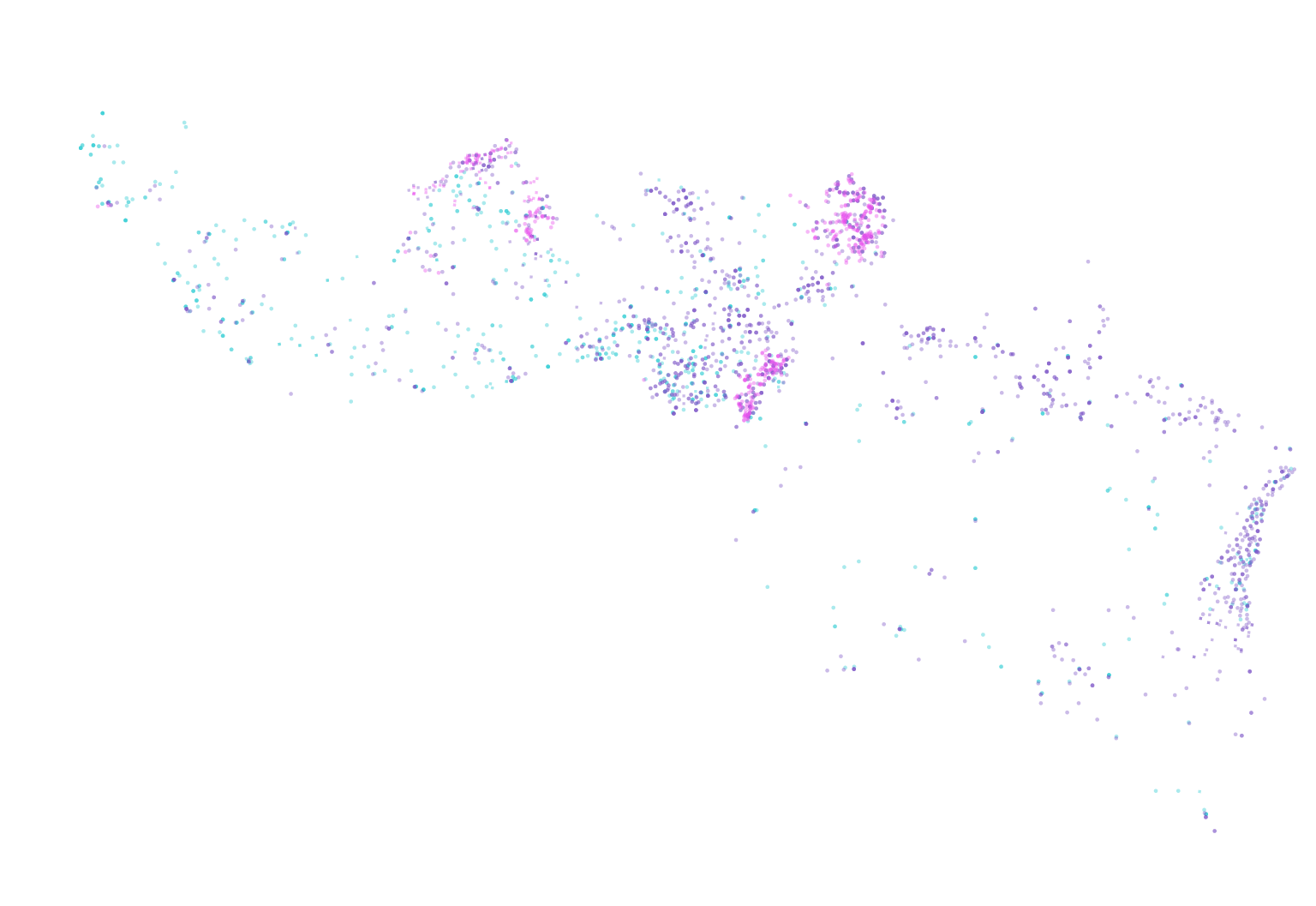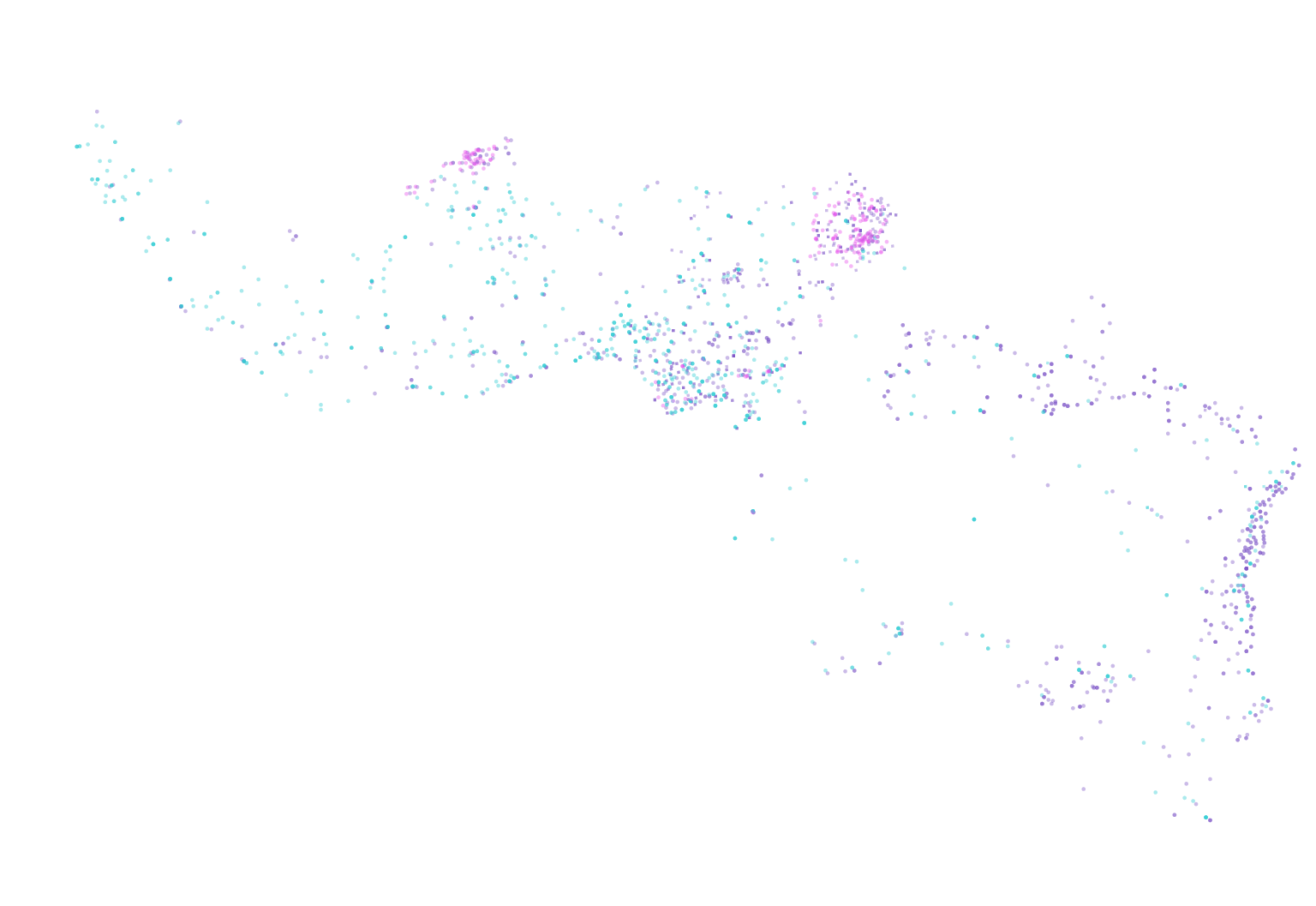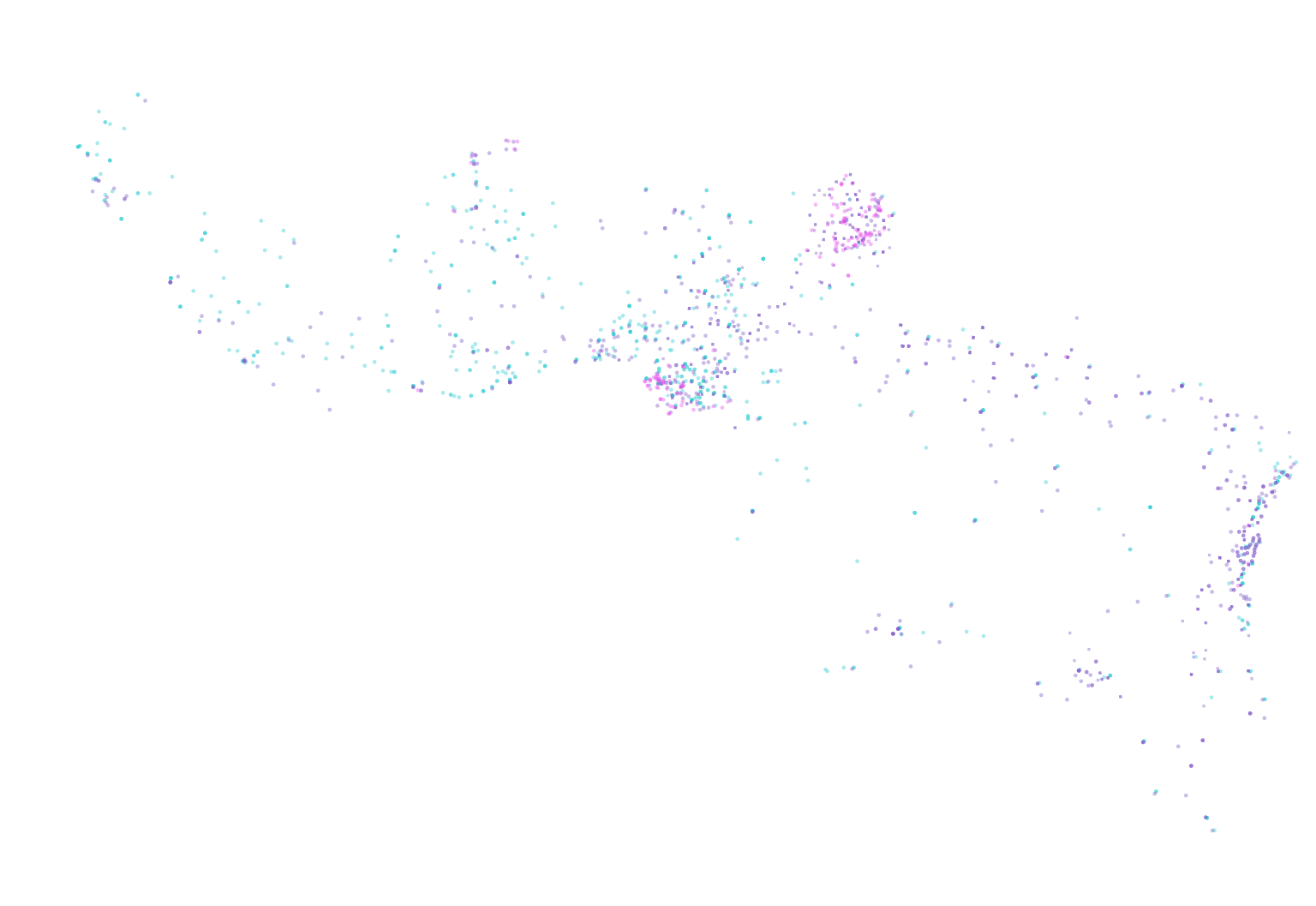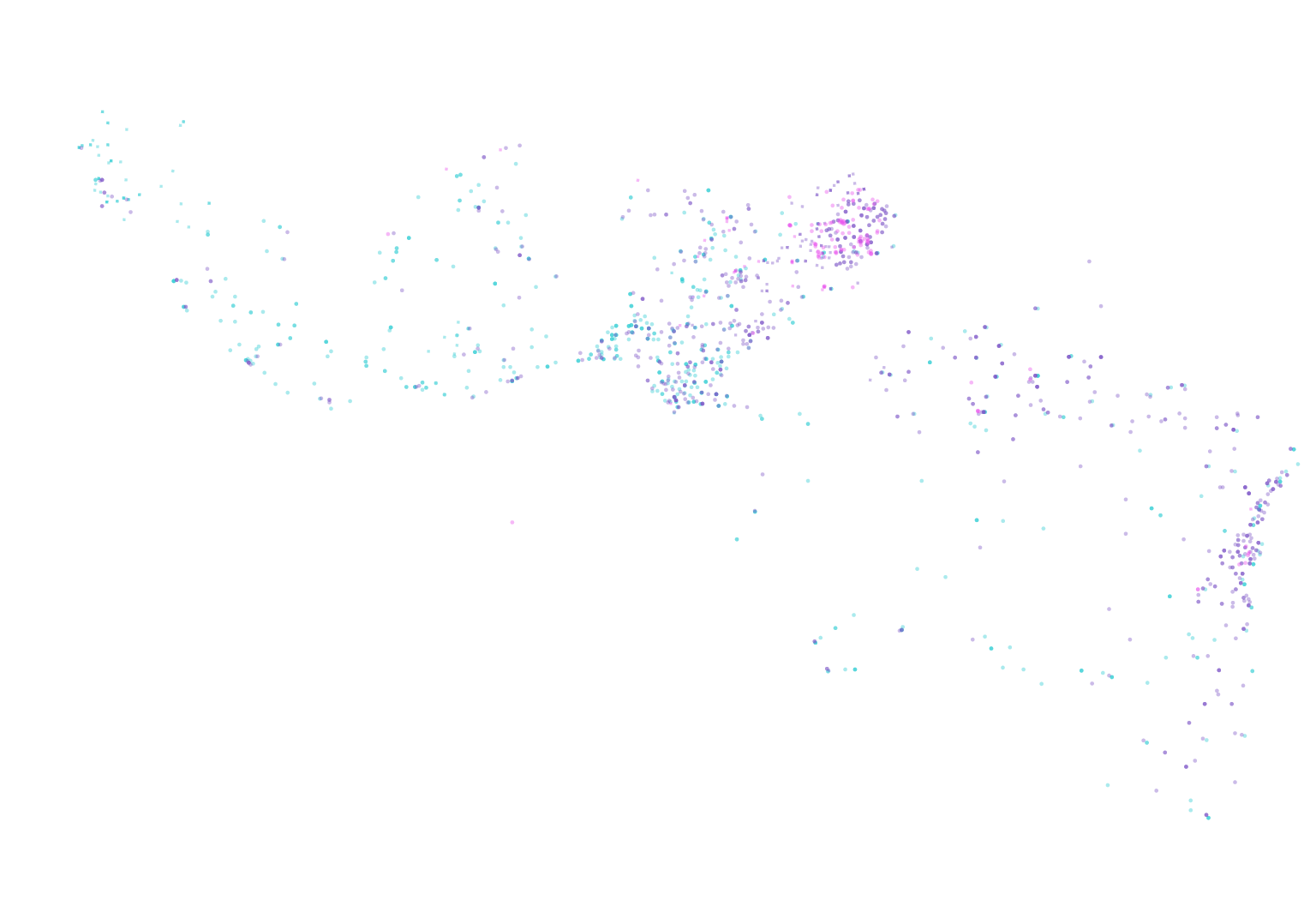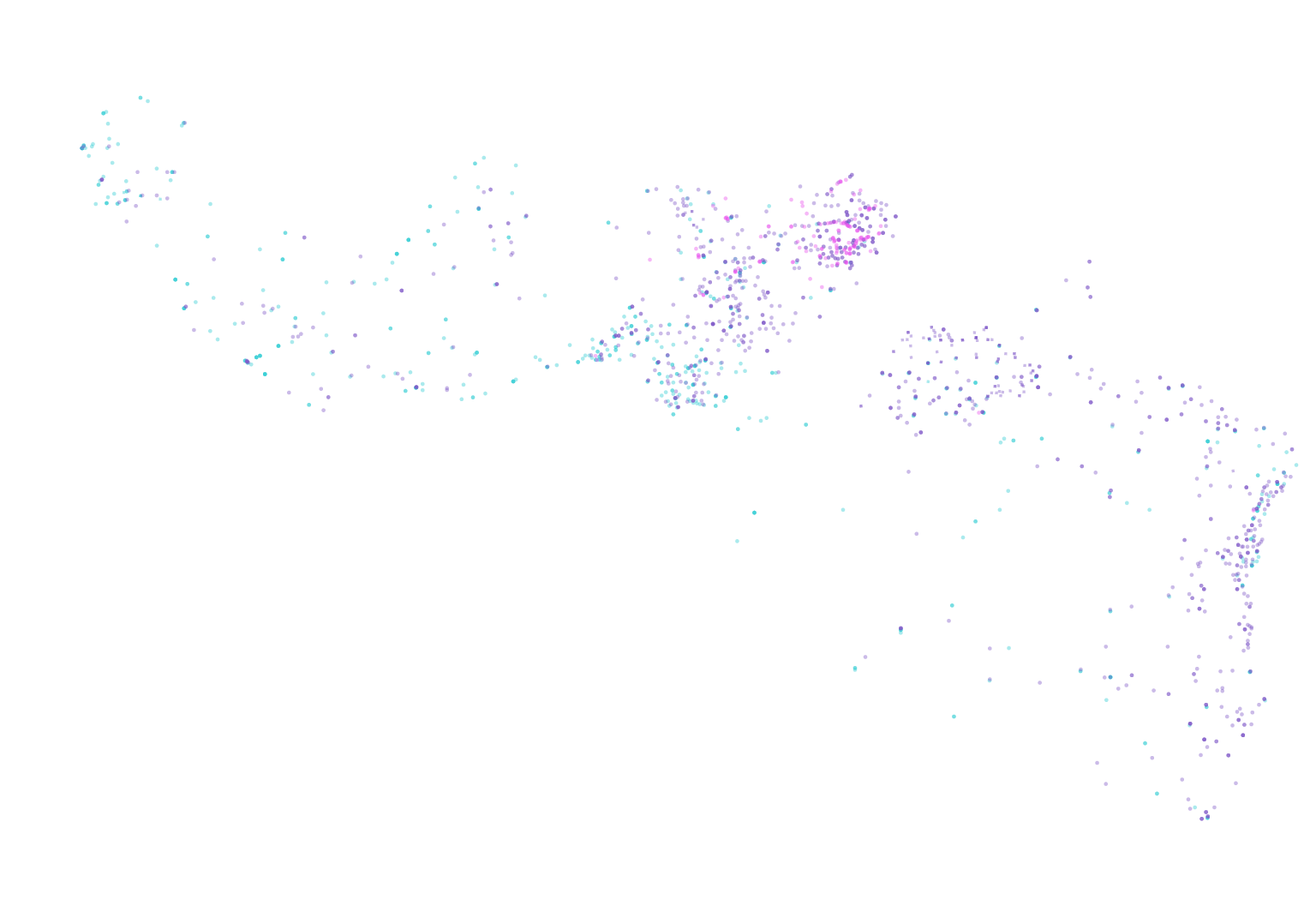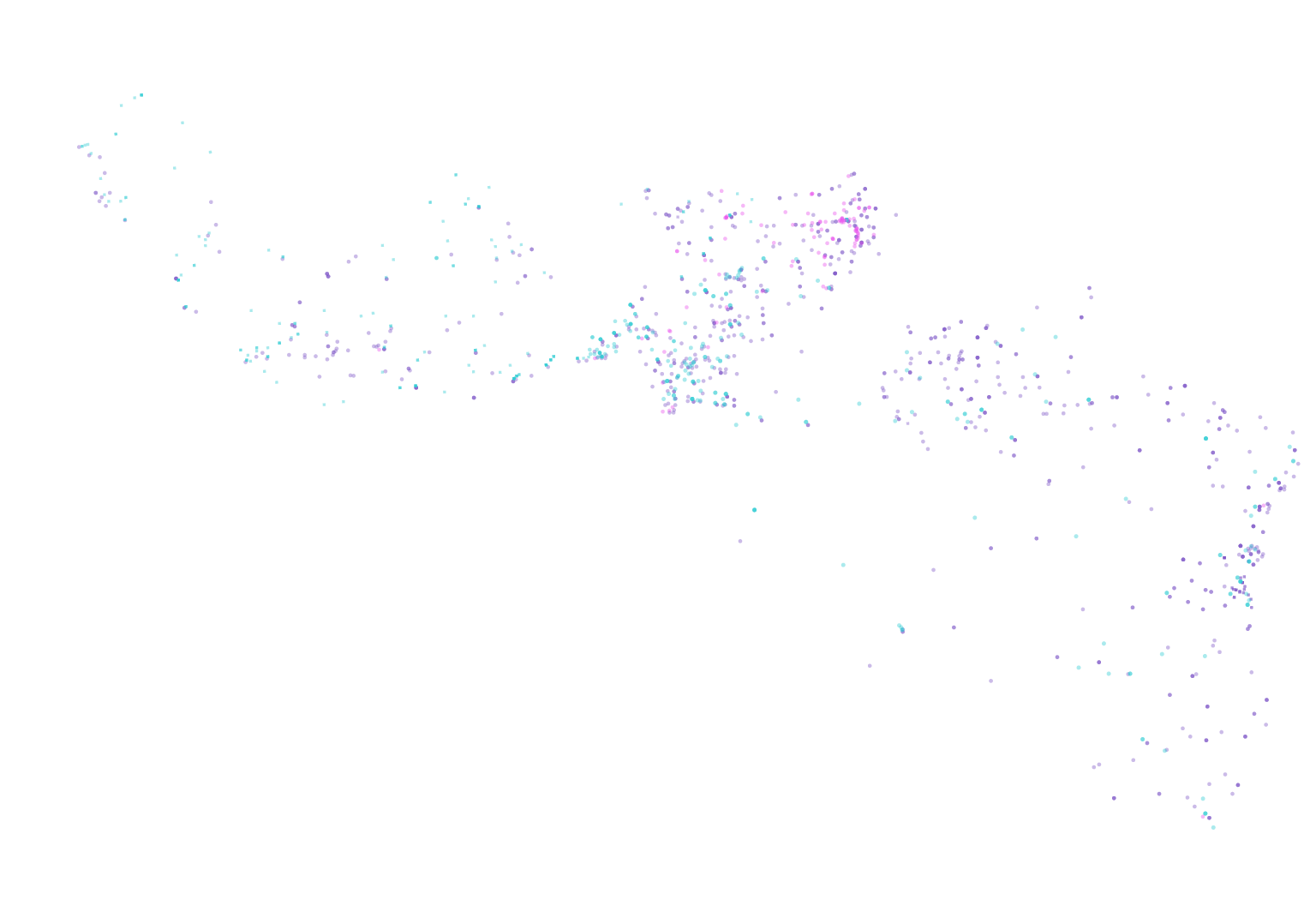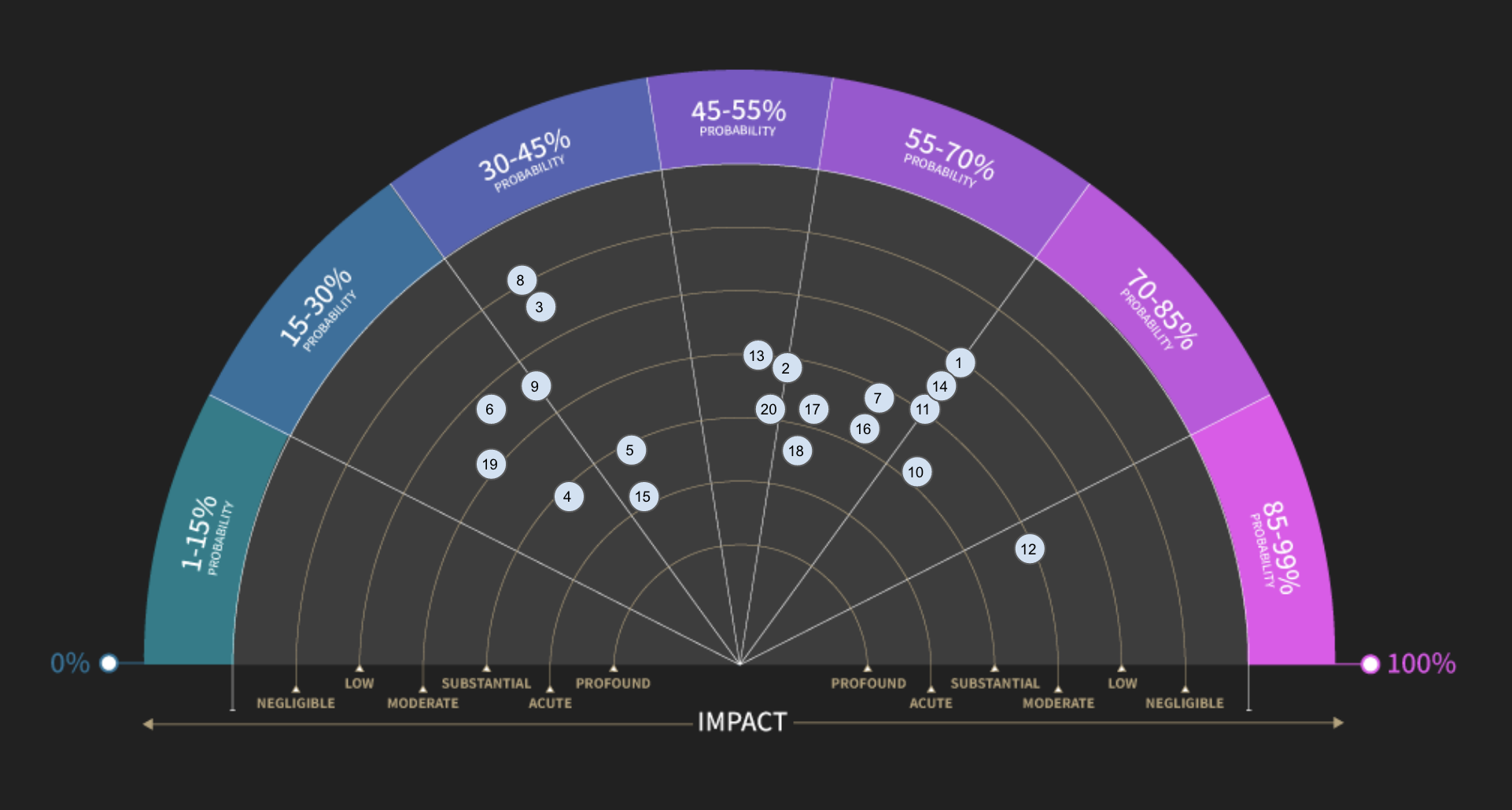Revolution in the air


Governments across the region face a range of new and entrenched threats, including militancy and popular revolt.
Central Africa


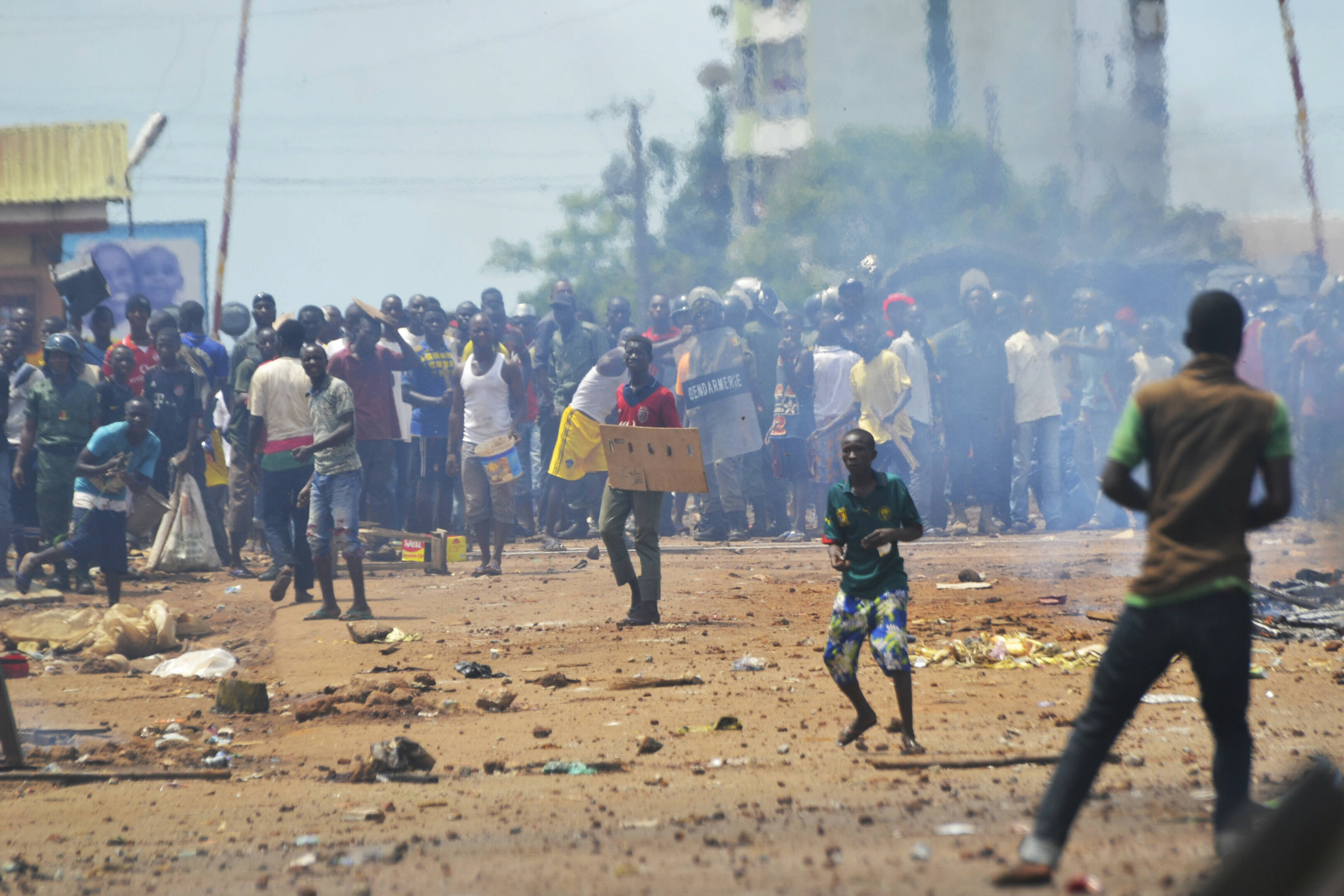

Terrorist attacks
Protests and unrest
Conflict and
inter-communal violence
KEY
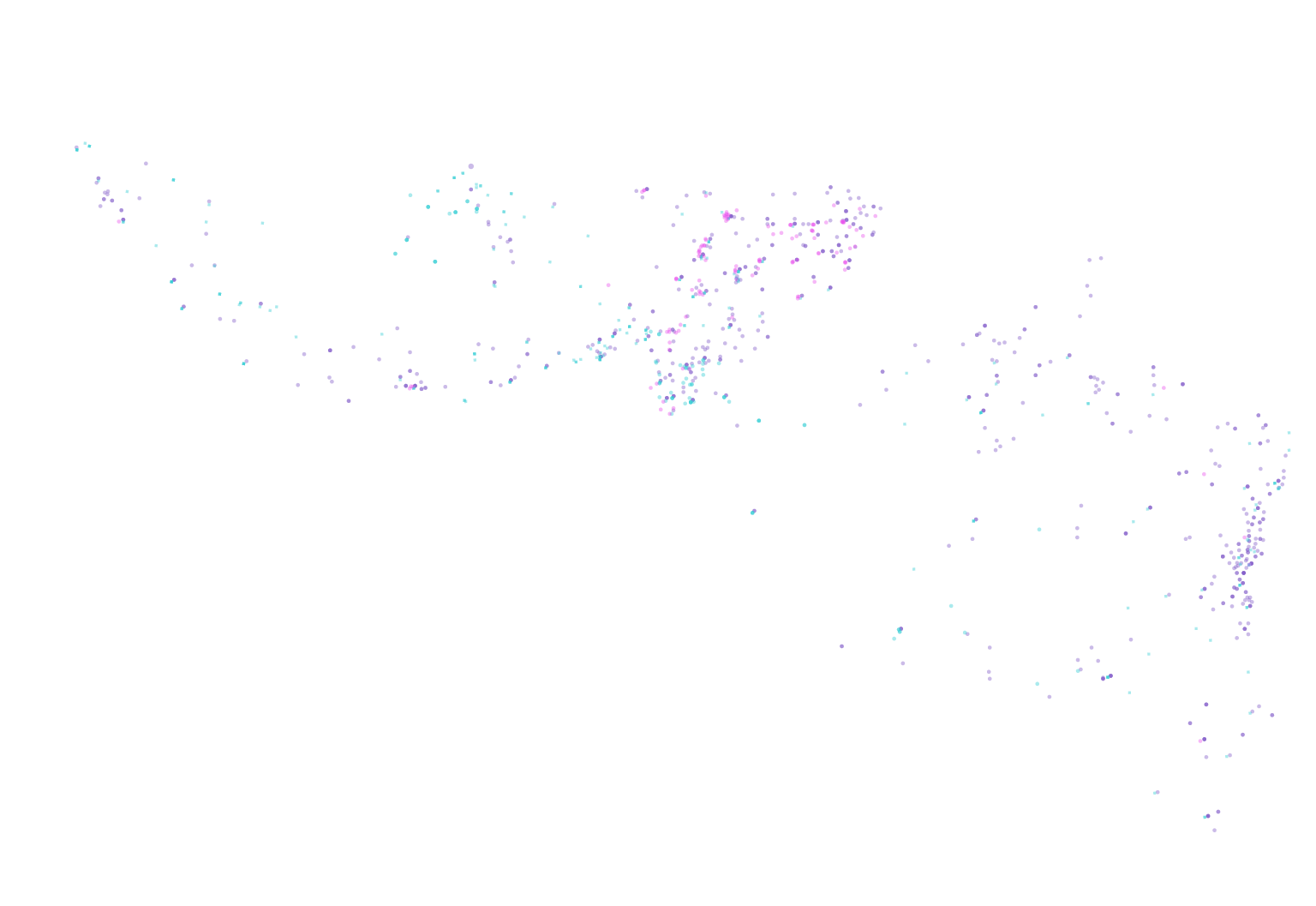
The spread of instability
(1 Jan - 30 Oct)
2021*
2020
2012
2013
2014
2015
2016
2017
2018
2019
Sources: Dragonfly TerrorismTracker, Armed Conflict Location & Event Data Project

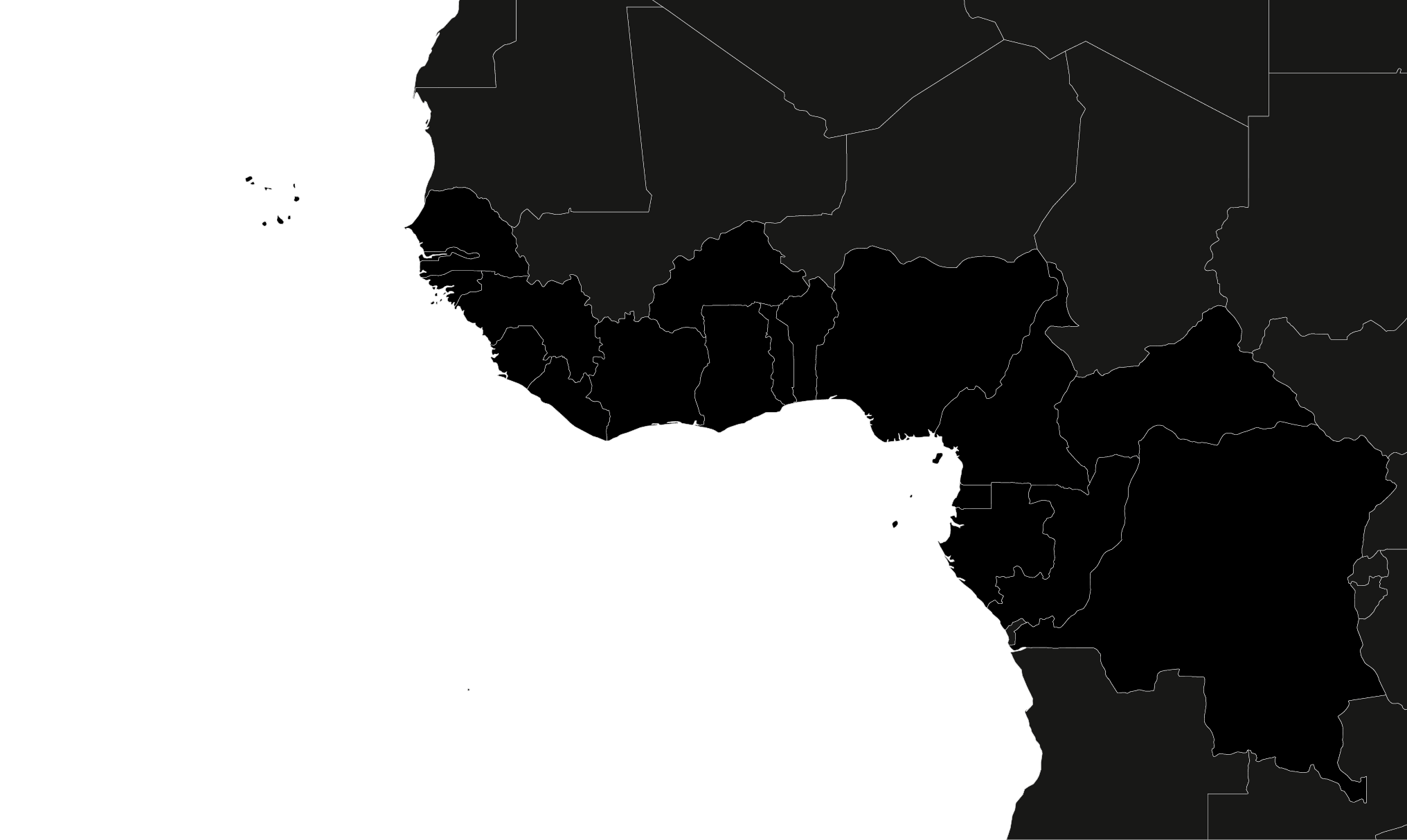
Revolution in the air
West and Central Africa will probably experience a tumultuous 2022. Governments across the region face a range of new and entrenched threats, including militancy and popular revolt.
Other more comparatively stable countries in the region, such as Senegal and Ghana, are also likely to experience challenging periods in 2022, down to popular grievances about poor socio-economic conditions.
The proliferation of such popular movements, many with revolutionary goals, is likely to be a key theme in the region in the year ahead. And this will probably be accompanied by a broad deterioration in the operating environment and intensified suppression, censorship and curtailment of civil society. All of this will probably also weaken the resilience of states to respond to future challenges, setting the scene for further instability in the coming years. >>
The ongoing direct and indirect impacts of the Covid-19 pandemic are likely to compound these, as countries in the region struggle to access and roll out vaccines, and to deal with the economic and fiscal impacts of the pandemic.
Many of these challenges are likely to be beyond the capacity of governments to counter. This is particularly the case in Nigeria, where we forecast persistent upheaval in 2022. The country has long faced persistent criminal, jihadist and separatist threats. But there are now also signs that discontent with the government is at its highest level in living memory. And as an election due in 2023 approaches, insecurity and instability are likely to become more frequent and widespread.
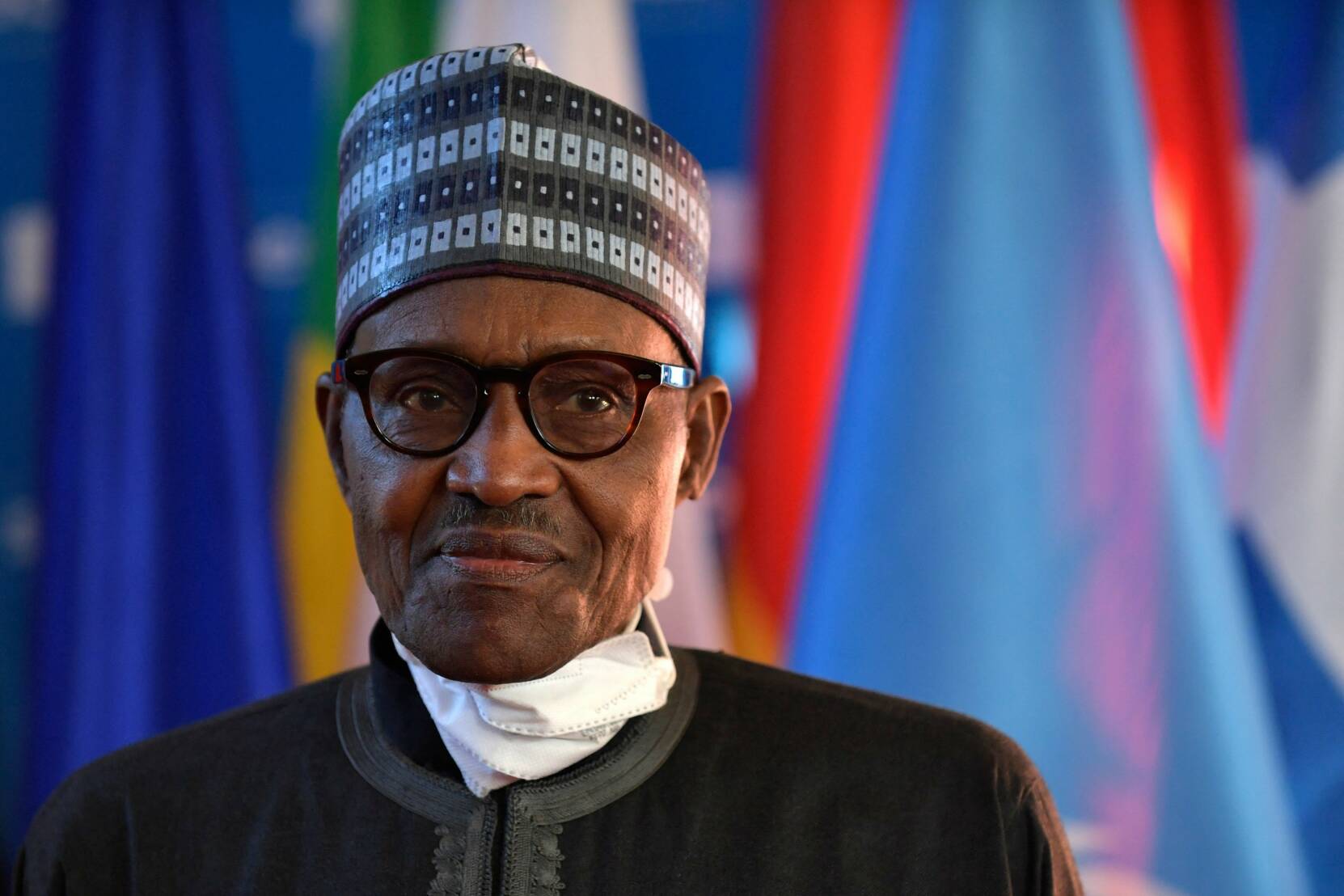
West and Central Africa
Dates to watch
Key indicators

Mis- and disinformation
The spread of false and misleading information online will probably play an important role as anti-government protest movements build their popular base in the coming year. Data shows that rates of internet access are rising, with particularly sharp increases in the DRC and the Republic of Congo. We anticipate that activists and governments will, both unintentionally and deliberately, spread false, misleading and inflammatory information to rally supporters. Governments in countries such as Nigeria, Senegal and Burkina Faso are also highly likely to try to disrupt internet access during times of unrest or political crisis.
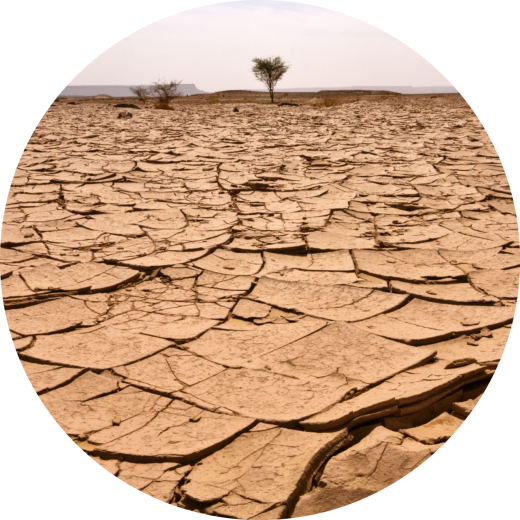
Climate impacts
Climate change and periods of extreme weather will probably contribute to conflict and public grievances in the coming year. Population growth and conflict over ever-more-scarce resources have already led to a rise in inter-communal violence in countries such as Benin, Burkina Faso, Ghana, Nigeria and Togo over the past few years. More intense droughts are likely, adding further strain on populations and complicating the task of overstretched security forces in responding to these issues.
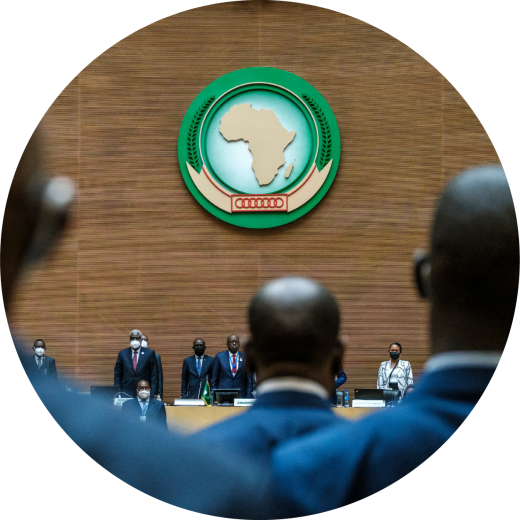
Regional cooperation
Cooperation between states in West and Central Africa has the potential to ease some of the challenges in the year ahead. The ECOWAS bloc is the most likely channel for this. Collaboration on handling migration flows from conflict-affected countries is one area in which the bloc should be able to make progress. And in the event of a sudden crisis and deterioration in security, such as through a coup, there is some precedent for ECOWAS to intervene militarily, although it would probably first opt for economic or political sanctions.

West and Central Africa
End of Ramadan
1 May
WEST AND CENTRAL AFRICA
Annunciation Day
25 March
The Gambia
Legislative elections
April
West and Central Africa
Rainy season
April–July
West and
central africa
Start of Ramadan
2 April
Liberia
Fast and Prayer day
8 April
Nigeria
Anniversary of major Boko Haram kidnapping in 2014
14 April
West and Central Africa
Eid Al-Fitr
2 May–3 May
West and Central Africa
Earth Day
22 April
Nigeria
Biafra Remembrance Day
30 May
Republic of Congo
Legislative elections
July
Senegal
National assembly elections
July
West and Central Africa
Eid Al-Adha
9 July
Nigeria
Anniversary of Boko Haram uprising in 2009
26 July
West and Central Africa
Ashura
7 August–8 August
West and Central Africa
Rainy season
September–October
Senegal
Grand Magal of Touba - nationwide Islamic holiday
14 September–15 September
Cameroon
Anglophone separatists mark 'independence day'
1 October
Nigeria
Independence Day
1 October
Nigeria
#EndSARS protests anniversary
8 October
West and Central Africa
African Union Summit
Before December
West and Central Africa
Orthodox Christmas Eve
6 January
Scroll down
CLICK ON FLAGS TO
SHOW INFORMATION




















Forecasts
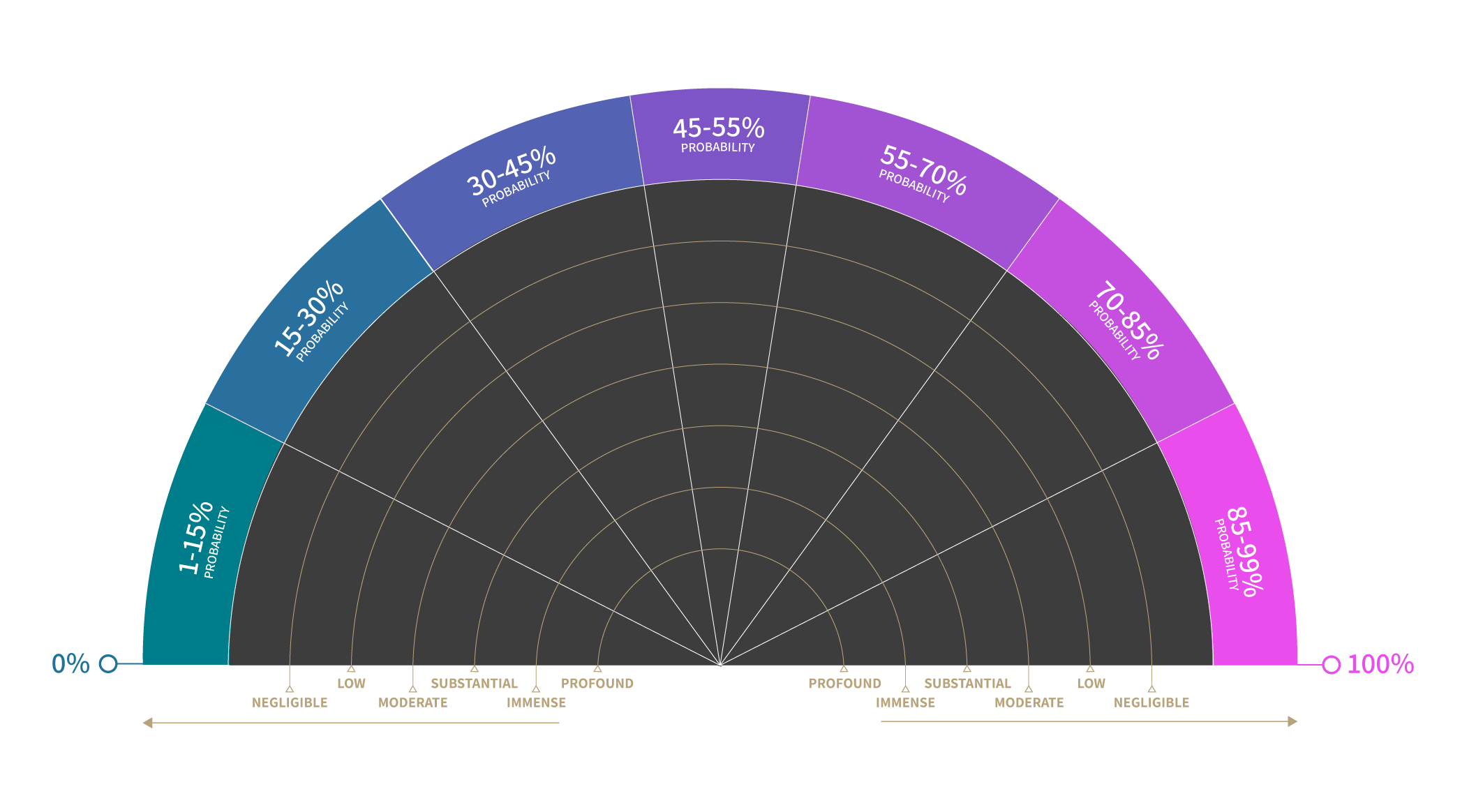
Images: Getty Images (AFP; Julien De Rosa/AFP; Pius Utomi Ekpei; Cinoby; Eduardo Soteras)
Risk dashboard
Infographic
Assessment
Forecasts
Dates to watch
Key indicators
Revolution in the air


Governments across the region face a range of new and entrenched threats, including militancy and popular revolt.

Central Africa


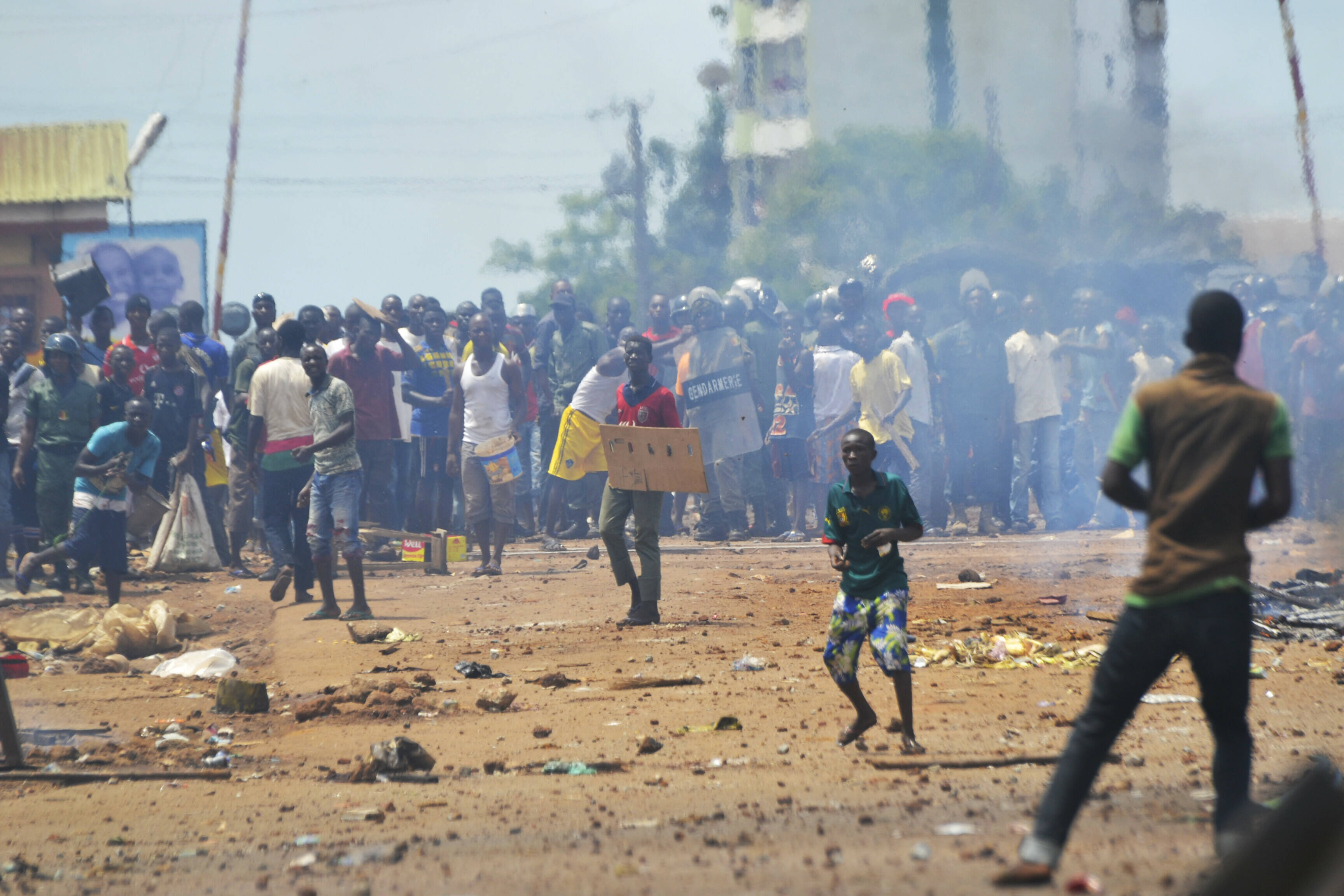
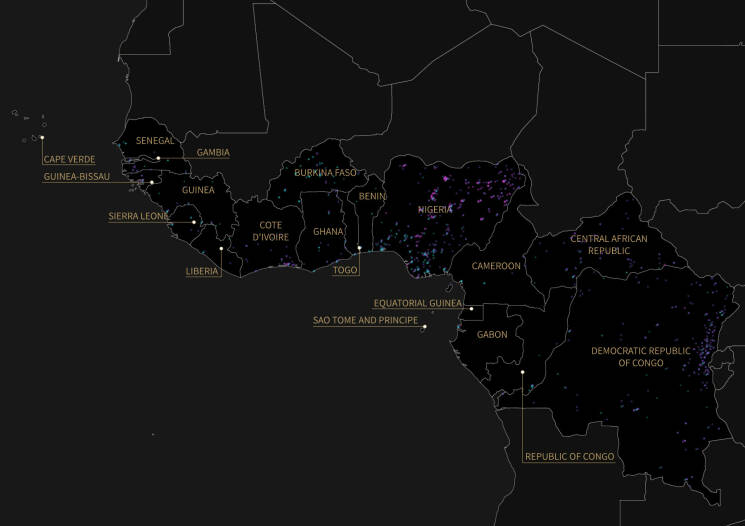


For best results
We recommend that you view this in a desktop browser. If using a tablet or smartphone, some infographics may only respond to device-specific gestures.
Forecasts
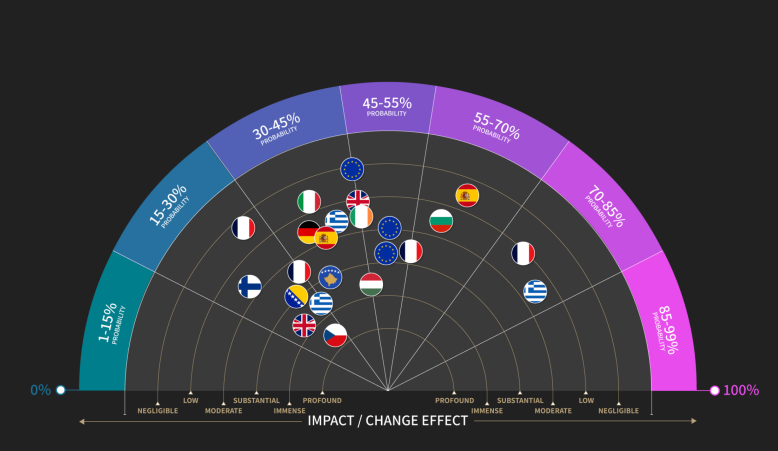

The spread of instability
Key indicators

Mis- and disinformation
The spread of false and misleading information online will probably play an important role as anti-government protest movements build their popular base in the coming year. Data shows that rates of internet access are rising, with particularly sharp increases in the DRC and the Republic of Congo. We anticipate that activists and governments will, both unintentionally and deliberately, spread false, misleading and inflammatory information to rally supporters. Governments in countries such as Nigeria, Senegal and Burkina Faso are also highly likely to try to disrupt internet access during times of unrest or political crisis.
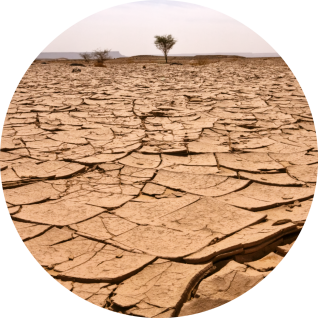
Climate impacts
Climate change and periods of extreme weather will probably contribute to conflict and public grievances in the coming year. Population growth and conflict over ever-more-scarce resources have already led to a rise in inter-communal violence in countries such as Benin, Burkina Faso, Ghana, Nigeria and Togo over the past few years. More intense droughts are likely, adding further strain on populations and complicating the task of overstretched security forces in responding to these issues.
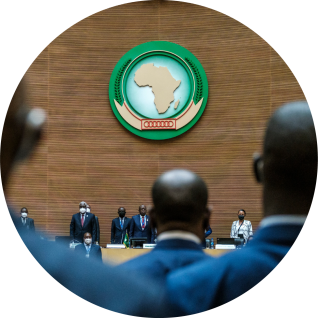
Regional cooperation
Cooperation between states in West and Central Africa has the potential to ease some of the challenges in the year ahead. The ECOWAS bloc is the most likely channel for this. Collaboration on handling migration flows from conflict-affected countries is one area in which the bloc should be able to make progress. And in the event of a sudden crisis and deterioration in security, such as through a coup, there is some precedent for ECOWAS to intervene militarily, although it would probably first opt for economic or political sanctions.
Republic of Congo
Legislative elections
July
WEST AND CENTRAL AFRICA
Annunciation Day
25 March
The Gambia
Legislative elections
April
West and Central Africa
Rainy season
April–July
WEST AND
CENTRAL AFRICA
Start of Ramadan
2 April
Liberia
Fast and Prayer day
8 April
Nigeria
Anniversary of major Boko Haram kidnapping in 2014
14 April
West and Central Africa
Eid Al-Fitr
2 May–3 May
West and Central Africa
Earth Day
22 April
Nigeria
Biafra Remembrance Day
30 May
West and Central Africa
End of Ramadan
1 May
Senegal
National assembly elections
July
West and Central Africa
Eid Al-Adha
9 July
Nigeria
Anniversary of Boko Haram uprising in 2009
26 July
West and Central Africa
Ashura
7 August–8 August
West and Central Africa
Rainy season
September–October
Senegal
Grand Magal of Touba - nationwide Islamic holiday
14 September–15 September
Cameroon
Anglophone separatists mark 'independence day'
1 October
Nigeria
Independence Day
1 October
Nigeria
#EndSARS protests anniversary
8 October
West and Central Africa
African Union Summit
Before December
West and Central Africa
Orthodox Christmas Eve
6 January
Revolution in the air
West and Central Africa will probably experience a tumultuous 2022. Governments across the region face a range of new and entrenched threats, including militancy and popular revolt.
The ongoing direct and indirect impacts of the Covid-19 pandemic are likely to compound these, as countries in the region struggle to access and roll out vaccines, and to deal with the economic and fiscal impacts of the pandemic.
Many of these challenges are likely to be beyond the capacity of governments to counter. This is particularly the case in Nigeria, where we forecast persistent upheaval in 2022. The country has long faced persistent criminal, jihadist and separatist threats. But there are now also signs that discontent with the government is at its highest level in living memory. And as an election due in 2023 approaches, insecurity and instability are likely to become more frequent and widespread.
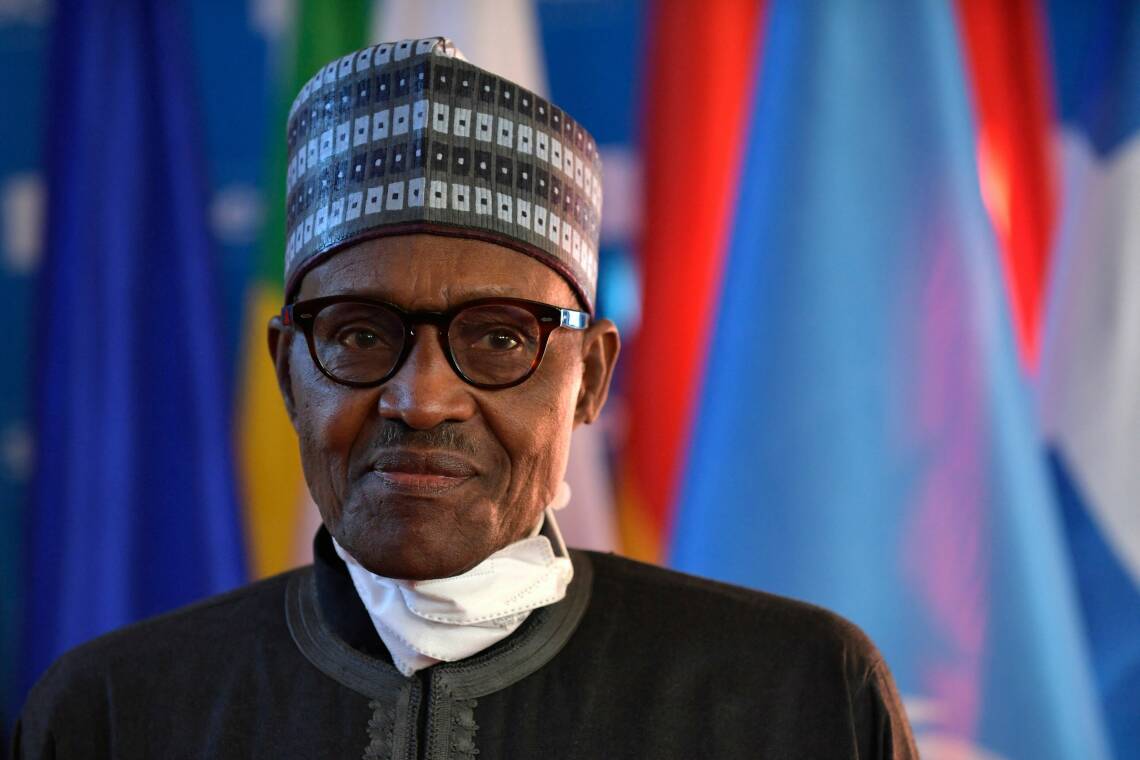
Images: Getty Images (AFP; Julien De Rosa/AFP; Pius Utomi Ekpei; Cinoby; Eduardo Soteras)

